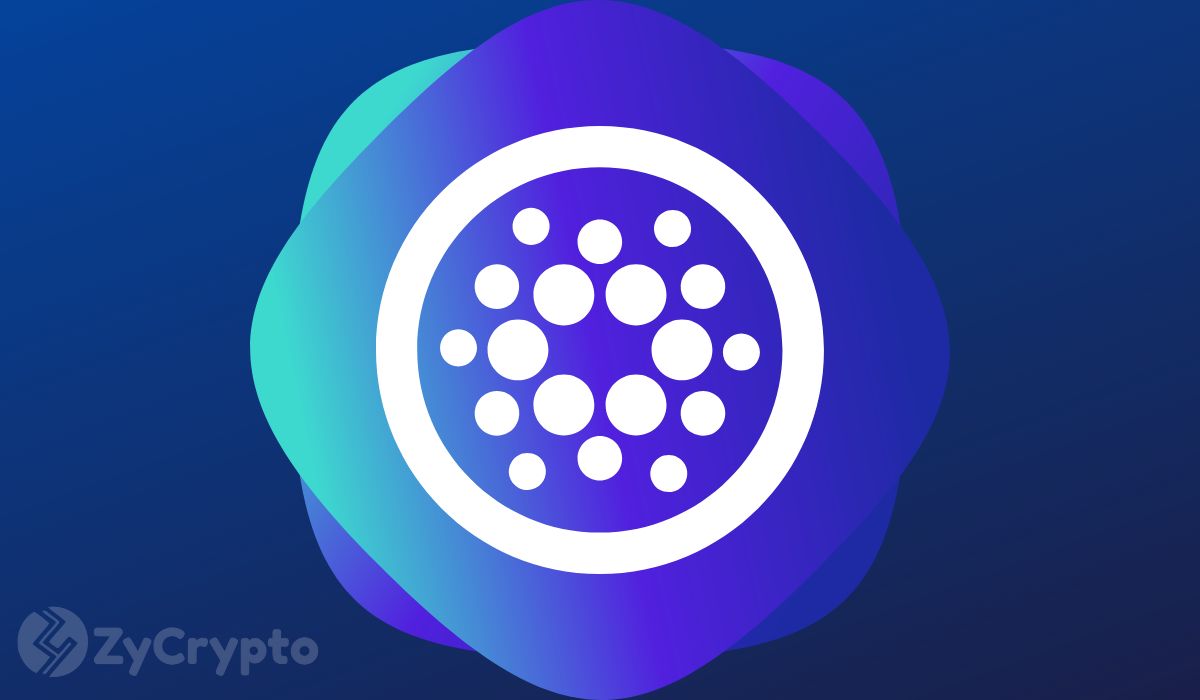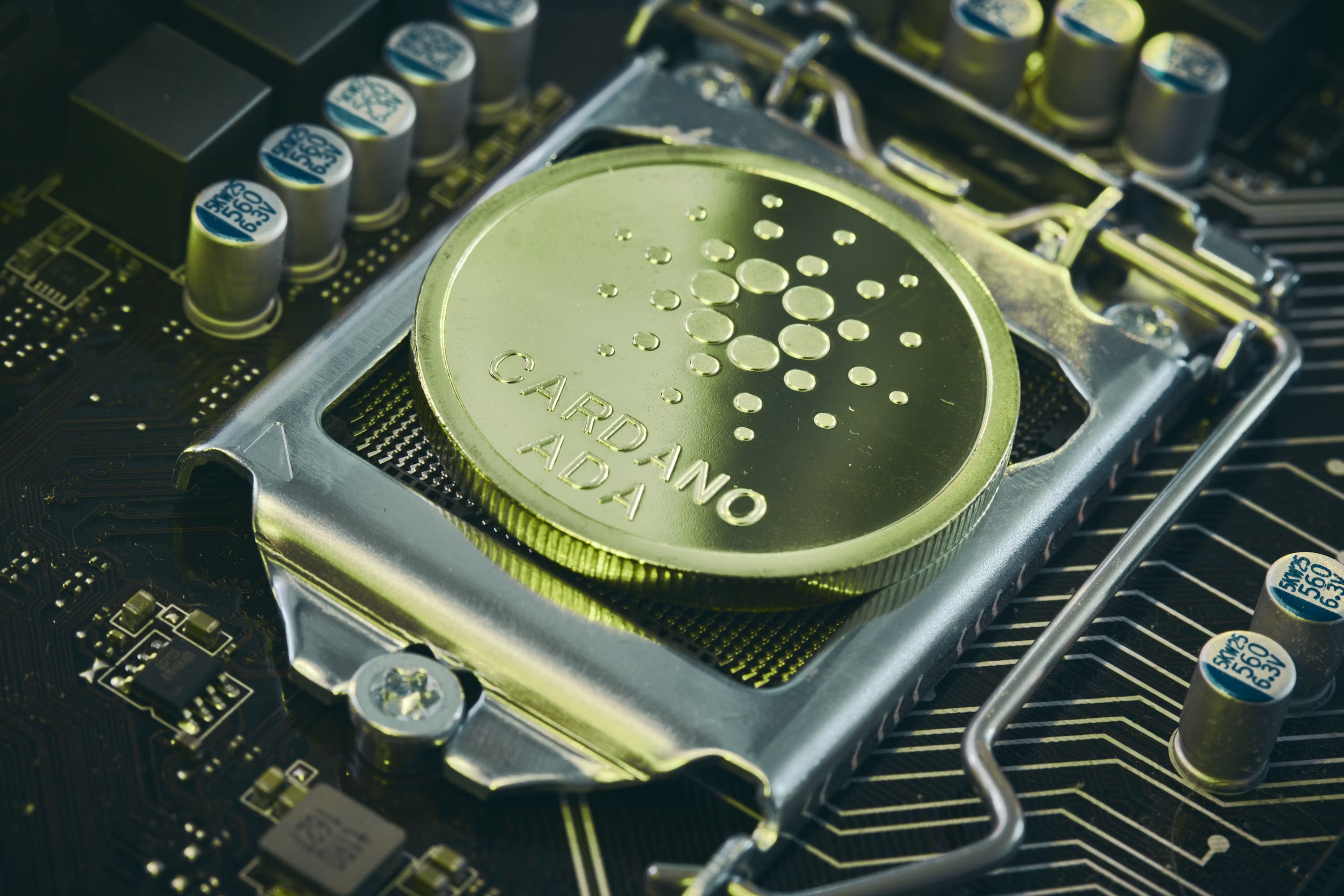How will Cardano scale to satisfy the calls for of its burgeoning dApp ecosystem?
It’s official, the Basho period of Cardano is right here, bringing a brand new chapter centered on optimization, scaling, and interoperability. And, because the Cardano dApp ecosystem begins to fill out, useability enhancements have by no means been as...


It’s official, the Basho period of Cardano is right here, bringing a brand new chapter centered on optimization, scaling, and interoperability.
And, because the Cardano dApp ecosystem begins to fill out, useability enhancements have by no means been as crucial. Especially so, given the lower than easy roll-out of SundaeSwap on Thursday.
In laying the stage for this, John Woods, the Director of Cardano Architecture, gave a short overview of what’s to return.
Cardano Basho is on
Woods opens by saying 2022 is all about scaling layer 1 to be as quick as it may be. He then listed a sequence of options to make that occur.
Node enhancements – to enhance headroom for block measurement will increase, resulting in extra environment friendly reminiscence utilization through reminiscence sharing strategies. Woods expects this to offer enhancements of about 40%.
Pipelining – to boost the block propagation time. This refers to decreasing the average time for brand spanking new blocks to succeed in majority consensus. Doing it will permit for elevated block measurement and facilitate the dialing up of Plutus parameters.
Input endorsers – utilizing pre-constructed blocks, block propagation occasions are additional lowered, permitting larger transaction charges.
Plutus script enhancements – Woods described this answer as “reducing the friction for developers.” This consists of enhancements such because the operate to reuse scripts in a number of transactions, making coding necessities much less burdensome, and decreasing transaction sizes.
On-disk storage – By storing parts of the protocol on disk, nodes will maintain much less in reminiscence. As such, RAM constraints turn into much less of a bottleneck on scaling.
Hydra – off-chain scaling answer to maximise throughput, decrease latency, and scale back storage necessities.
Sidechains – incorporate separate interoperable blockchains that facilitate asset motion between aspect and most important chains as wanted.
Off-chain computing – decreasing the computational load on the blockchain by having transactions happen exterior of the blockchain through a belief mannequin.
Mithril – to spice up full node information synchronization to make sure pace and fewer useful resource consumption.
Woods ended by saying the entire above will guarantee ample capability to deal with the dApp ecosystem because it grows.
“We have a really solid plan for scaling… we’re going to be making these changes to make sure that we grow as the DApps grow.”
SundaeSwap is backlogged
SundaeSwap went dwell yesterday, however social media is awash with complaints about failed transactions, errors, and lengthy wait occasions.
One Reddit user voiced his frustration, saying transactions are taking hours to undergo.
“Bro you realise transactions are taking literally hours? That isn’t something to be proud of, lmao.”
In response, the SundaeSwap workforce hosted a Twitter Spaces AMA during which they attributed the problems to an enormous backlog of orders. CTO Matt Ho added {that a} Cardano node enhancement, scheduled for January 25, will assist issues by giving a 2x increase to throughput.
The node improve was publicized by Input Output on Thursday. It pertains to an improve in Plutus script reminiscence models per transaction from 11.25M to 12.5M.
This will allow extra sources for Plutus scripts and dApps that run on them.
Delegate Your Voting Power to FEED DRep in Cardano Governance.
DRep ID: drep12ukt4ctzmtf6l5rj76cddgf3dvuy0lfz7uky08jfvgr9ugaapz4 | We are driven to register as a DRep by our deep dedication to the Cardano ecosystem and our aspiration to take an active role in its development, ensuring that its progress stays true to the principles of decentralization, security, and community empowerment.DELEGATE VOTING POWER!








